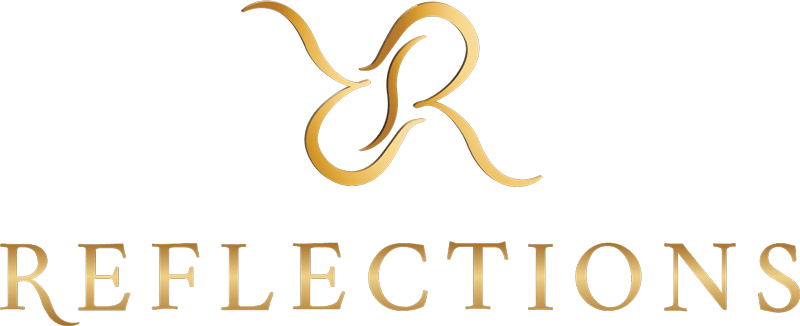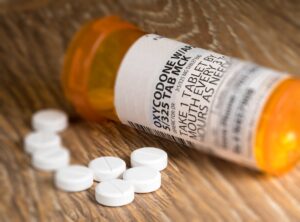When it comes to overcoming addiction combined with mental health challenges, finding a rehab that truly addresses both issues can mean all the difference in the eventual outcome. Dual diagnosis requires a more comprehensive, concerted, and integrated approach.
Countless people ask, “What is the best rehab to actually treat dual diagnosis?”, and we believe that the answer lies in a program that combines evidence-based therapies, compassionate care, and a commitment to personalized treatment. In this post, we’re actually going to explore what sets the best dual diagnosis rehabs apart and why a facility like Reflections may be the ideal choice for your recovery journey.
A Closer Look at Dual Diagnosis
Dual diagnosis refers to the simultaneous presence of a substance use disorder and a mental health disorder. This complex interplay means that treating one condition in isolation can often lead to relapse or incomplete recovery.
In one example, if underlying issues such as depression, anxiety, or PTSD are not addressed alongside addiction, the chances of long-term sobriety can diminish significantly. Effective dual diagnosis treatment acknowledges that these conditions are intertwined and must be managed concurrently, using a combination of psychiatric care, therapeutic interventions, and ongoing support.
What to Look For in Your Dual Diagnosis Rehab
The best rehab centers for dual diagnosis treatment share several essential characteristics that help clients achieve lasting recovery. Here are some of the more important things to consider when you’re looking for a rehab to treat dual diagnosis.
- Integrated Treatment Plans: A program must simultaneously address both addiction and mental health disorders. This often involves combining therapies like cognitive behavioral therapy (CBT), dialectical behavior therapy (DBT), and medication management.
- Experienced Multidisciplinary Staff: A skilled team of addiction specialists, psychiatrists, therapists, and medical professionals is critical for crafting personalized treatment plans.
- Comprehensive Aftercare: Recovery doesn’t end at discharge. The best rehabs provide robust aftercare support, including relapse prevention, ongoing counseling, and support groups.
- Individualized Care: No two individuals are alike. Effective treatment programs tailor their approach to meet each client’s unique needs, ensuring that both their addiction and mental health challenges are addressed.
- Supportive Environment: A calm, safe, and nurturing environment is essential for healing. Facilities that offer a balance of luxury, privacy, and structure help clients feel secure and motivated to change.
Why Reflections Stands Out
Our dual diagnosis program is built on these principles. We understand that every client’s journey is unique, which is why we emphasize personalized treatment plans that incorporate both traditional and holistic therapies. Our experienced team works closely with each individual to design an integrated treatment approach that addresses the full spectrum of their needs.
Our state-of-the-art facility provides a serene and secure environment where clients can focus on healing without distractions. With small client-to-staff ratios, we ensure that each person receives the attention and support necessary to navigate the challenges of dual diagnosis. Additionally, our comprehensive aftercare programs, which include ongoing counseling and relapse prevention strategies, help maintain progress long after the initial treatment phase has ended.
By combining evidence-based therapies with a compassionate, individualized approach, Reflections offers a level of care that truly meets the demands of dual diagnosis treatment. We don’t just treat symptoms—we work to rebuild lives by addressing the underlying issues that contribute to addiction and mental health struggles.
Partner with Reflections for Dual Diagnosis Recovery
Finding the best rehab to treat dual diagnosis means looking for a facility that understands the intricate connection between addiction and mental health. If you or a loved one is struggling with a dual diagnosis, know that help is available. Contact us today to learn more about our specialized programs and how we can support you on the path to lasting recovery.








